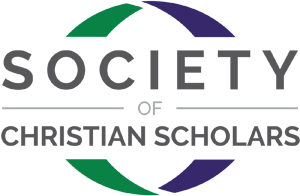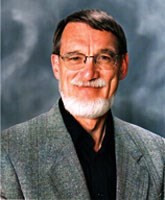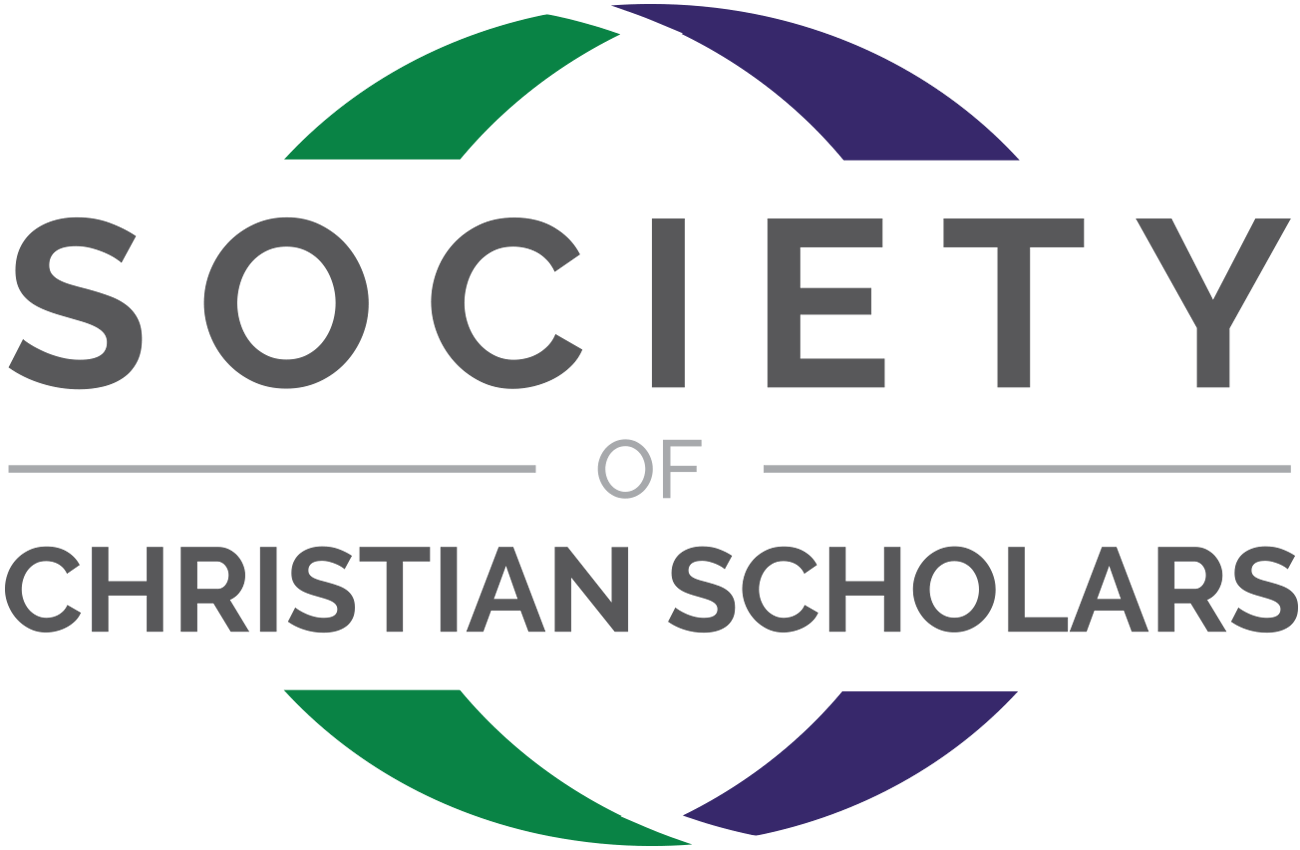We live in polarizing times, whether politically, economically, or culturally. These rifts are plaguing all our institutions including the church and the university. In this webinar I will dare to suggest that the solution to the deep divides in our contemporary world and in the church and in our universities is not to be found in more information, education, rationality, or critical thinking. Rather, we need to cultivate intellectual virtues such as the love of knowledge and truth, intellectual humility, and committed openness.
On Thursday, 20 March 2025 at 1400 UTC, Prof. Elmer Thiessen, retired Professor of Philosophy at Medicine Hat College in Alberta, Canada, will introduce us to the general nature of intellectual virtues and vices and their treatment in recent philosophical literature. Then he will assess the current conversation in light of what Scripture has to say about intellectual virtues and vices.
Following this background discussion, the majority of our time will focus on exploring three central intellectual virtues – love of knowledge and truth, intellectual humility, and committed openness, together with their corresponding vices. While there are other virtues and vices to discuss, we will only cover these three as they are especially important for our troubled and divided age.
By the end, Prof. Thiessen hopes to have nurtured an appreciation for the practical importance of each of these intellectual virtues as a way of overcoming the deep divides that plague societies, churches, and universities, particularly in the Western world. Given that many participants in the webinar will be from the Majority World, it will be important to hear your perspective on how these intellectual virtues/vices resonate in your own local contexts.
In preparation for this conversation, be sure to read the Preface and Introduction to Prof. Thiessen’s new book, Healthy Christian Minds: A Biblical, Practical, and Sometimes Philosophical Exploration of Intellectual Virtues and Vices (2024) and/or his article in the Evangelical Review of Theology entitled, ‘In Pursuit of Intellectual Virtue‘ (2022).
You can also take this assessment to help you discern how to ‘love knowledge and truth’.
Don’t miss this exciting conversation! Be sure to register today!


